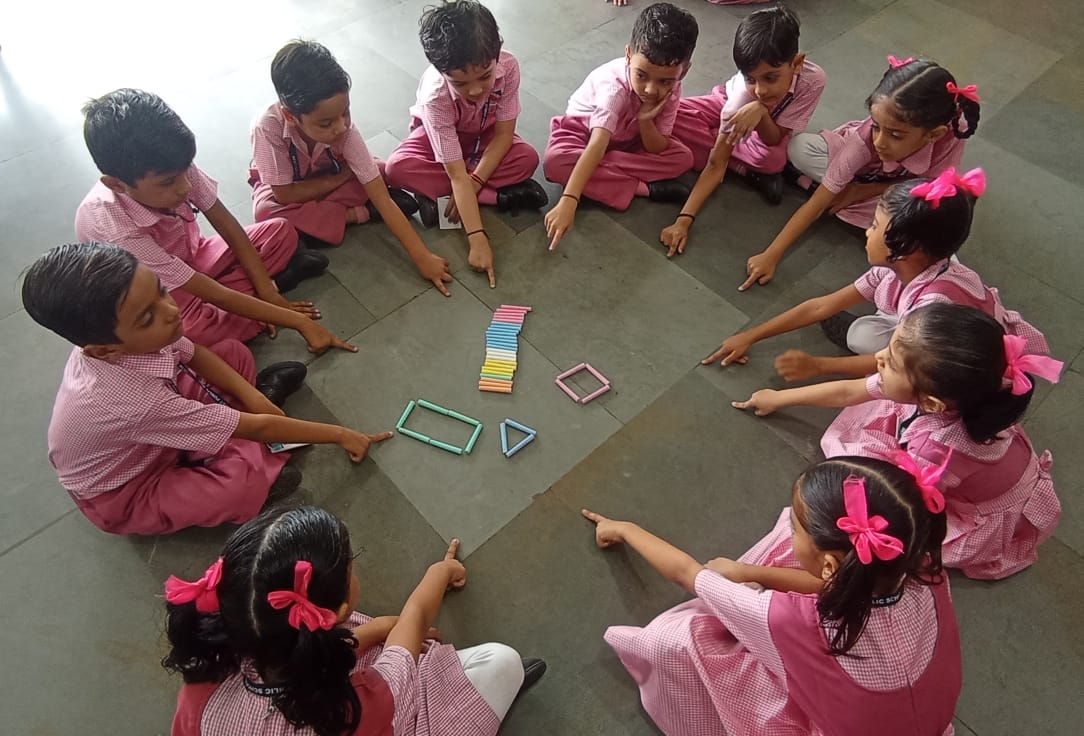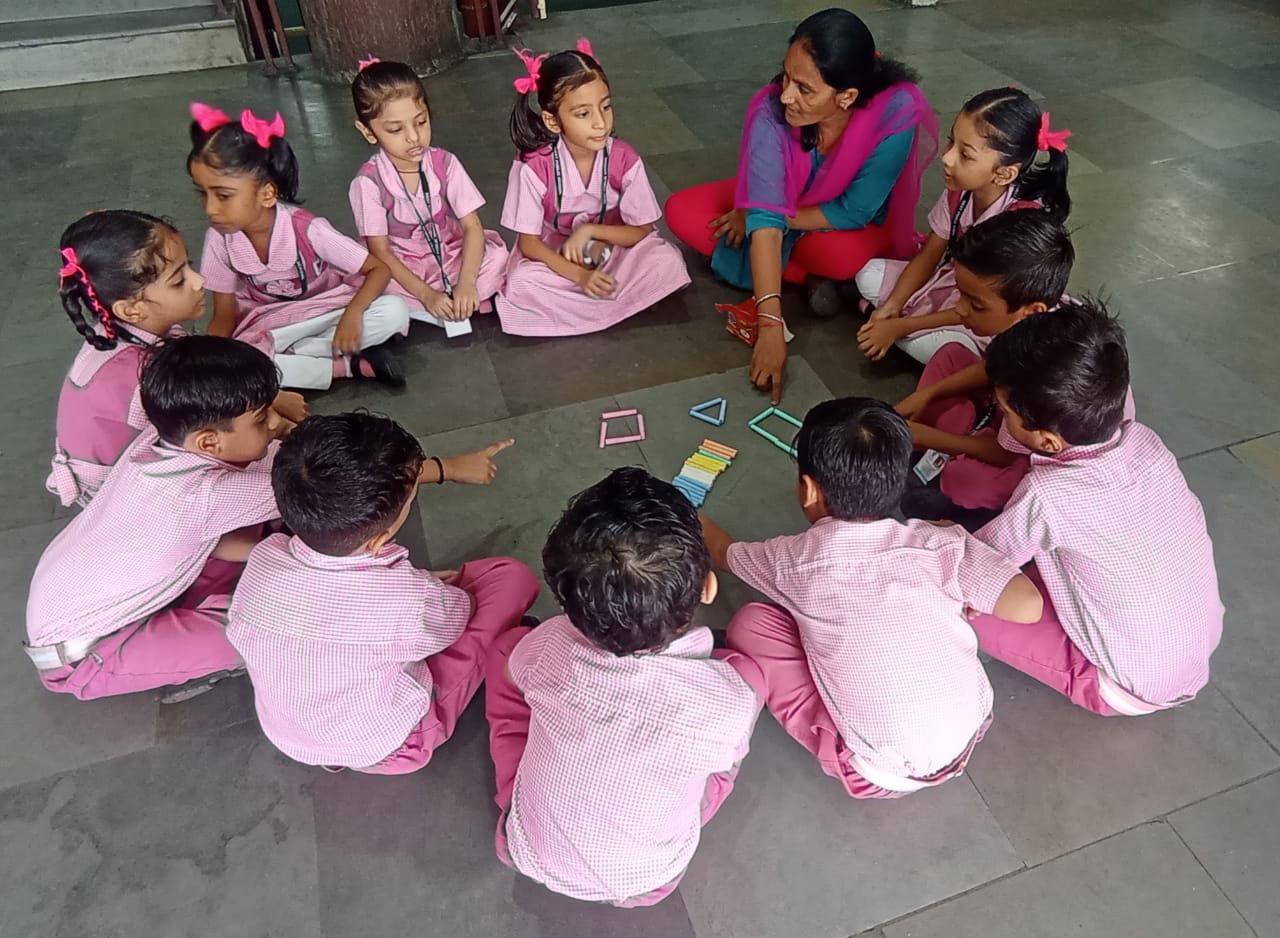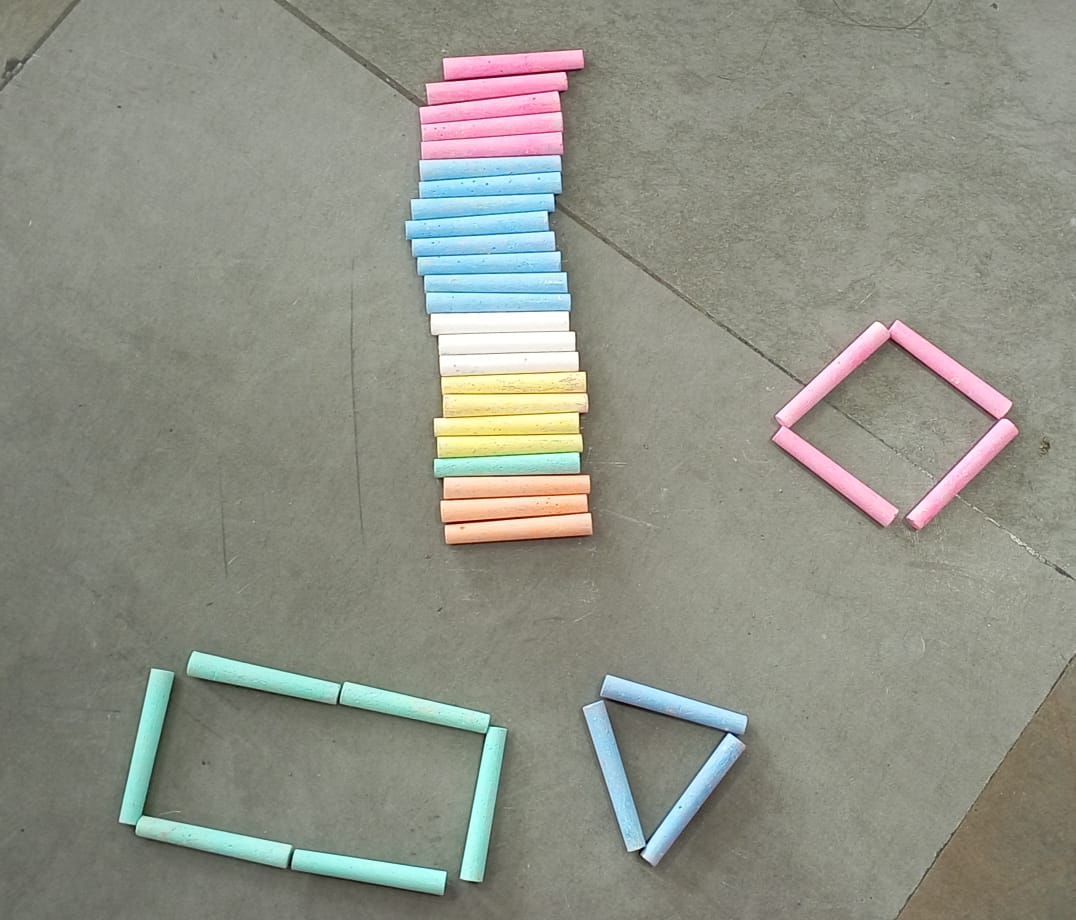- Circle time fosters a sense of community and belonging among students, creating a positive classroom environment.
- It enhances social and emotional development by encouraging children to express their thoughts and feelings in a supportive environment.
- Through shared discussions, circle time promotes active listening skills, improving communication among peers.
- It fosters a respectful and inclusive classroom culture, where every student’s voice is valued and heard.
- Circle time provides opportunities for teachers to observe and address individual needs, promoting individualized learning.
6. It helps develop essential social skills through collaborative activities like turn-taking, cooperation and empathy. - The structured format of circle time supports routine and consistency, contributing to a sense of security for students.
- It serves as a platform to introduce and reinforce academic concepts in an engaging and interactive manner.
- Circle time promotes a sense of responsibility as students take on roles such as leading discussions or facilitating activities.
- It contributes to a positive teacher-student relationship, creating a foundation for effective classroom management and learning experiences.













